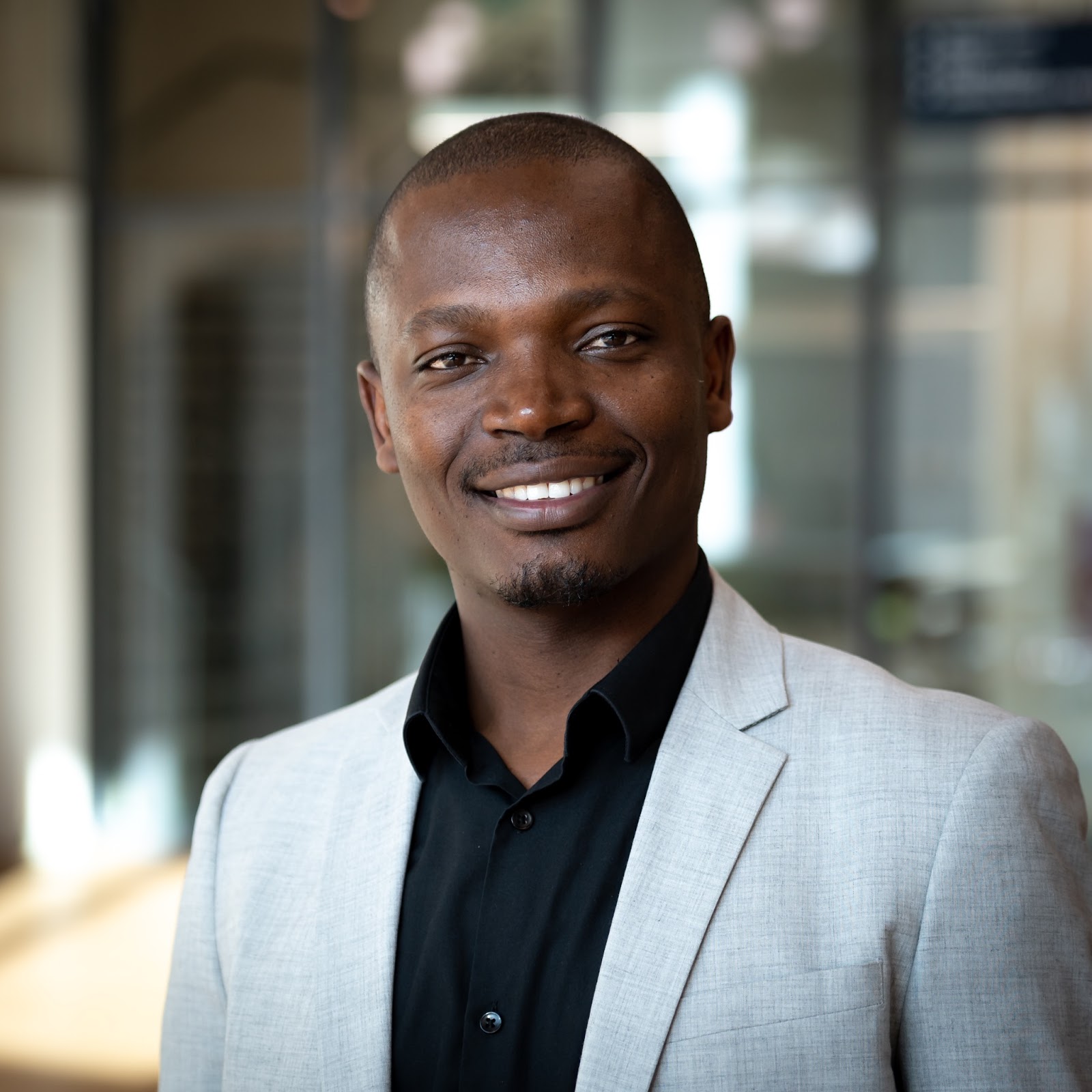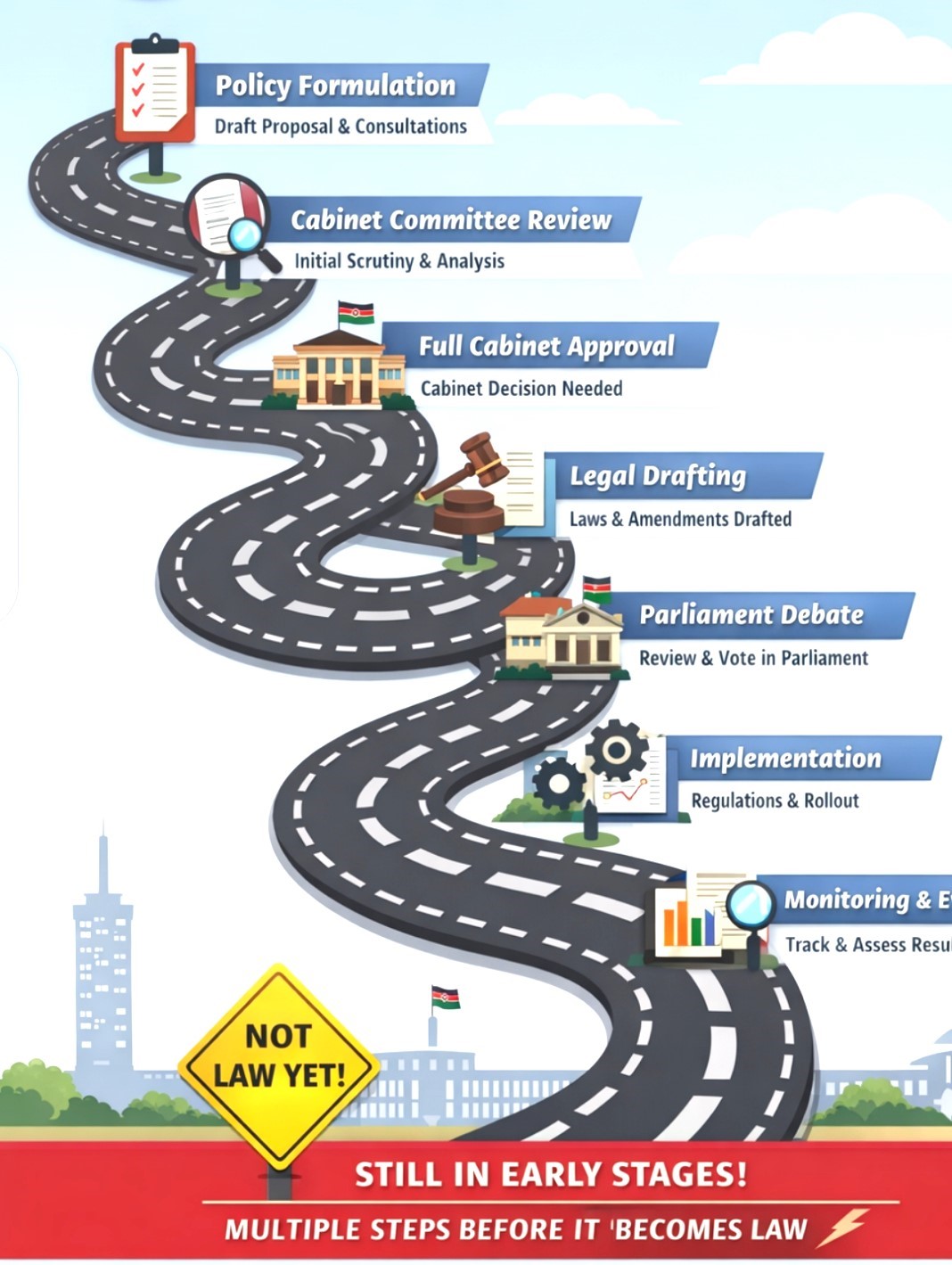As Kenya holds public participation forums across counties to deliberate on the 2025/26 National Budget Estimates, a silent crisis threatens the very foundation of our education system- the continued exclusion of students in Teacher Training Colleges (TTCs) from accessing loans from the Higher Education Loans Board (HELB).
This issue is not just a policy oversight. It is a glaring form of systemic discrimination. It undermines the principle of equality, weakens the future of our basic education sector, disproportionately hurts students from poor and rural backgrounds, and exposes trainee teachers to immense psychological pressure. It is unacceptable- and must be urgently corrected.
Kenya has made strides in expanding access to education, but it is baffling that students in public and private universities, Technical and Vocational Education and Training (TVET) institutions receive HELB loans, while TTC students are completely left out.
ALSO READ:
Ironically, university students studying to become secondary school teachers are funded through HELB, but those training to teach our youngest learners in primary schools are not.
How do we justify this? TTC students are pursuing professional training under a government-approved curriculum. They sit for national exams, attend regulated institutions, and are bound to serve a public good- educating millions of Kenyan children. They are no less deserving than their counterparts in universities or TVETs. In fact, given that they are directly preparing to serve in public basic education, they should be prioritized.
ALSO READ:
Principal tells parents to caution sponsored children against joking away their future
When the Ministry of Education transferred the mandate for student placement in the 32 public Teacher Training Colleges (TTCs) to the Kenya Universities and Colleges Central Placement Service (KUCCPS), it was celebrated as a progressive step, promising equal recognition and potential access to government financial support.
However, this promise has not materialized. Ironically, even though KUCCPS places students into government TTCs, these trainees are still excluded from accessing HELB loans. This contradiction has only deepened the confusion and frustration among students and their families.
Impact of the exclusion.
The consequences are devastating. Many TTC students come from low-income families, especially in rural and marginalized areas. The current average fees of Ksh 85,000–Ksh 105,000 per year for a 3-year course is beyond the reach of many households struggling with the high cost of living. Parents are forced to sell land, sell the few livestock they have, borrow unsustainably, or worse- pull their children out of college.
ALSO READ:
Education CS flags off students for Huawei ICT contest in China
In a recent conversation with several teacher trainees in Kisumu County, many described feelings of hopelessness and depression. Some work as casual laborer’s on weekends just to try and raise the fee. Others resort to fundraising that doesn’t yield much. A few are on the verge of dropping out. This emotional burden not only hurts academic performance but also erodes the dignity of future educators before they even set foot in a classroom.
And what of the long-term effect? TTCs are now facing declining enrolments. If this continues, Kenya will face a shortage of qualified primary school teachers in the near future. Rural schools- already disadvantaged- will bear the brunt, as urban canters attract the few available graduates.
Violation of the Constitution and National Values.
Article 43(1) (f) of the Constitution of Kenya, 2010, guarantees every person the right to education. This right is not selective — it applies equally to TTC students. Furthermore, Article 27 affirms that every person is equal before the law and has the right to equal benefit and protection. Denying HELB loans to TTC students, while offering them to others in similar tertiary institutions, is discriminatory and unconstitutional.
The Basic Education Act emphasizes universal access to quality basic education and commits the state to providing appropriate support for learners and teachers. TTC students -who are central to implementing the CBC and shaping young minds- must not be ignored in this support framework.
Moreover, Kenya Vision 2030 and the recent Fourth Medium Term Plan (2023–2027) place education and human capital development at the center of the nation’s transformation. That vision will remain hollow if TTC students are systematically excluded from government funding mechanisms.
As the Budget and Appropriations Committee of the National Assembly receives views from the public this month, it is imperative that the inclusion of TTC students in HELB funding be prioritized.
ALSO READ:
It is the high time parliament amend HELB regulations to explicitly include Diploma teacher trainees from TTCs, allocate adequate funds in the 2025/26 budget to extend loans and bursaries to TTC students beginning July 2025, develop a ring-fenced revolving fund for TTC loans, recognizing that most graduates are absorbed into public service, ensuring sustainability of repayment, and task the Ministry of Education and the State Department for Basic Education to develop a comprehensive policy framework supporting TTC students, including mental health support, accommodation grants during placement as an incentive for rural service.
The public participation forums outlined by Parliament are a golden opportunity for the voices of TTC students, tutors, and parents to be heard. We urge every concerned citizen, especially those who have children and relatives studying in TTCs or are passionate about the future of Kenyan education, to present written memoranda or attend the forums physically.
If we truly believe that “education is the key to success,” we must invest in those holding the keys to our children’s futures – teachers. And if we believe in fairness and equality, we must end the unjust exclusion of TTC students from HELB support.
Let us not delay justice any longer. The next budget must carry with it the hopes, dreams, and dignity of every future teacher- especially those whose only crime is being born poor.
By Robert Omwa, HSC (Lecturer, Seme Teachers Training College | Child Rights Advocate)
Email: mwarobo@gmail.com | Twitter: @RobertOmwa
You can also follow our social media pages on Twitter: Education News KE and Facebook: Education News Newspaper for timely updates.
>>> Click here to stay up-to-date with trending regional stories
>>> Click here to read more informed opinions on the country’s education landscape






